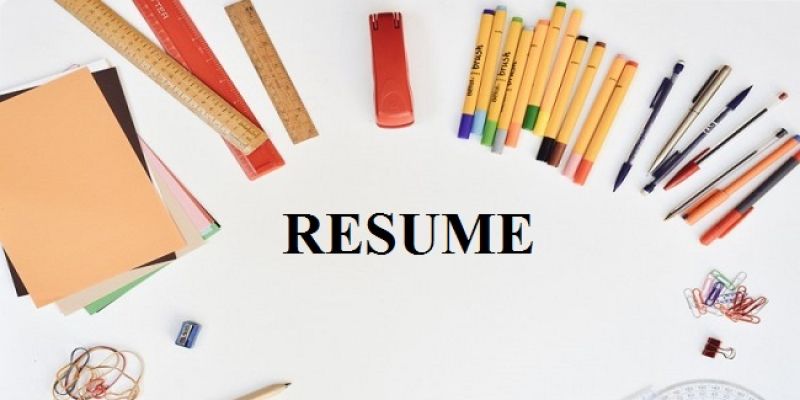
Resume Writing Help
Your resume is an integral part of your job search. It functions as your personal marketing brochure, and its main purpose is to secure interviews from interested employers. Your resume should convey who you are and highlight your qualifications and skills.
Prepare
Through preparation and organization, you can develop an effective resume. Start with a careful and accurate assessment of your career objective, educational background, work history, projects, skills, achievements, activities, interests, and other experiences. Analyze and describe these experiences in terms of "skills†and "results.†What can you do? What experiences and skills do you want to highlight? Remember that employers view your resume as a direct reflection of you.
Important Tips To Keep In Mind:
Readers will initially skim your resume in 15 seconds or less. If your resume is pulled away at the 15th second, what key words should an employer remember, and how can you achieve this? A quality resume is accurate, descriptive, brief, easy-to read, and aesthetically pleasing to the eye. Remember these essential points:
- Speak positively about yourself
- Be specific and direct.
- Use action verbs that clearly state your skills and experience, e.g., "Designed,†"Analyzed.†Avoid using the same action verb repeatedly. See the list of action verbs later in this handout for more examples.
- Display a professional image with an immaculate, eye-pleasing appearance, utilizing effective spacing, margins, and headings.
- Be consistent and strategic in use of indentation, bullets, capitalization, bolding, and spacing.
- Avoid underlining and italics, which may be difficult to read in photocopies and cause issues when uploading to an applicant tracking system.
- Format your dates in the same location and style throughout the resume (full months, abbreviated, numeric, etc.).
- Use a format that best displays your unique background. You can tailor headings to highlight and expand on your strengths, e.g., "Software Development Experience†or "Project Experience.â€
- Modify your resume toward particular types of jobs. You might consider having a few different versions of your resume to highlight experiences in relation to different jobs. If you are a double major, you should have different versions of your resume for jobs in each field of study.
- There is absolutely no excuse for spelling and typographical errors on a resume. Mistakes show that you are carelessness and will rule you out as a candidate. Proofread your resume several times and use a dictionary when in doubt about spelling. Note: Spellcheck does not recognize errors in words using all capital letters, such as headings and acronyms.
- Ask others to read your resume and tell you what they learned about you from it. Make sure that what they remember is the image you want to portray.
- Keep your resume to one page in length, unless you have had significant experience related to your career goals. If you go onto a second page, make sure you use at least half of the additional page.
